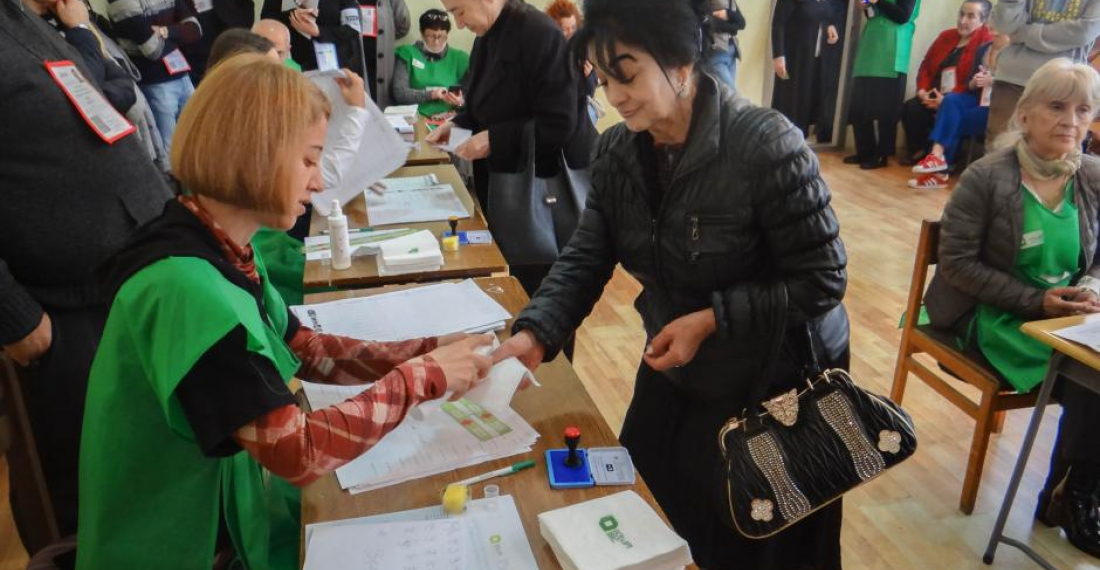This is a commentary prepared by the editorial team of commonspace.eu
Yesterday's decision of the European Parliament not to send an election observation mission for the forthcoming parliamentary elections to be held in Georgia on 31 October is disappointing, although not completely unexpected. Due to Covid-19 the European Parliament has been working in a curtailed mode since February, dispensing even with its monthly pilgrimage to Strasbourg, its second home after Brussels.
Earlier, the main European election observation organisation, ODIHR (Office for Democratic Institutions and Human Rights of the OSCE), also announced that it will not deploy a short term observation mission, for the same reason. Instead it will rely on its core group of long term observers. A statement by ODIHR earlier this month said:
Based on a shortfall in the number of short-term observers provided by OSCE states due to the COVID-19 pandemic and associated travel and health restrictions, the OSCE Office for Democratic Institutions and Human Rights (ODIHR) has decided to limit its missions in Georgia, Moldova and Ukraine to long-term observation. The three missions will continue their work and deliver preliminary assessments of the electoral processes after each election day.
This situation creates risks for the fragile Georgian democracy. International election observation has been a constant feature of Georgian politics and elections since 1995. The opinion of the election observers, especially of the joint missions of the parliamentary assemblies co-ordinated by the OSCE-ODIHR has in many significant points in Georgian politics been crucial - relied on both by the Georgian public as well as the international community for its accuracy and integrity in the somewhat murky and polorised waters of Georgian politics.
There is in this new reality some risks. Georgian politics is very adversarial and polorised. The pandemic has made this election campaign somewhat odd and very unusual. Nonetheless the election will be hardly fought, and the chances that the result will not be accepted by a part of the political spectrum is real. In such a situation solid and reliable election observation is necessary. The absence of a large international observation mission may have consequences.
There are however some mitigating factors. The international presence is not completely absent. The long term ODIHR Observation mission is in the present context more important than ever. Furthermore, Tbilisi now has a large diplomatic community. They can be mobilised to assist in the international observation effort in support of ODIHR. But perhaps more important, Georgia today has a large and well developed civil society with extensive experience of election observation. Organisations like ISFED, GYLA and Transparency International Georgia have been doing election observation for many years. If they remain efficient and strictly impartial they may very well do the job of the international monitors, and perhaps even better.
The responsibility on them is now bigger than ever. So in this story there is a silver lining: if the Georgian elections this time round can happen without a huge international observation effort, and the process is, and is seen to be, free and fair and the result broadly accepted by the parties and the public, than one could say that Georgian democracy has matured. So Georgians should know that the world is watching, even if international observation on election day is less than usual.
Source: This commentary was prepared by the editorial team of commonspace.eu
Photo: A voter in Tbilisi having her thumb sprayed with invisible ink before receiving her ballot for Georgia's presidential election, 28 October 2018.







